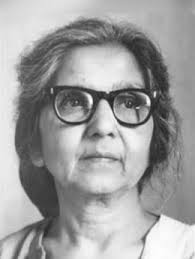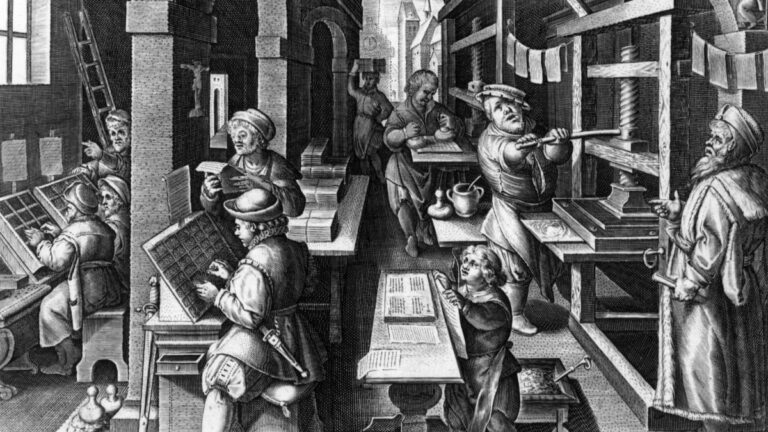
Aruna
Aruna Asaf Ali: The Unsung Heroine of India’s Independence
“ A forgotten flame that lit the path to freedom “
Early Life: A Rebel in the Making
Aruna Asaf Ali, born Aruna Ganguly on July 16, 1909, in Kalka, Haryana, came from a progressive Bengali Brahmo Samaj family. Her upbringing in a liberal environment exposed her to ideas of social reform and education for women. Educated at Sacred Heart Convent in Lahore and All Saints’ College in Nainital, she was intellectually equipped to challenge societal norms.
In 1928, Aruna’s marriage to Asaf Ali, a prominent Congress leader, marked the beginning of her active engagement with India’s freedom struggle. The union, bridging religious divides, was controversial but symbolized her rebellious spirit and determination to defy societal expectations.
Early Activism: The Spark of Resistance
Aruna’s initial foray into activism began with the Civil Disobedience Movement in 1930. Her involvement in the movement led to her arrest and imprisonment in Tihar Jail. Despite the harsh conditions, she led a hunger strike demanding better treatment for political prisoners. Her defiance and leadership during this period underscored her commitment to the cause.
“ Defying colonial chains: Hunger strike for prisoners’ rights “
The Quit India Movement: An Iconic Defiance
Aruna’s pivotal role in the Quit India Movement of 1942 is a cornerstone of her legacy. The All India Congress Committee met in Bombay on August 8, 1942, and passed the Quit India Resolution, demanding an end to British rule in India. The following day, major Congress leaders were arrested, leaving the movement leaderless. Aruna stepped into this void with remarkable courage.
On August 9, 1942, she hoisted the Congress flag at Gowalia Tank Maidan (now August Kranti Maidan) in Bombay, defiantly challenging the British authorities. This act of bravery became a powerful symbol of resistance, inspiring thousands of Indians to join the struggle for independence. Her bold move marked her as one of the most fearless leaders of the movement.
Early Activism: The Spark of Resistance
As the British crackdown intensified, Aruna went underground, using various pseudonyms and constantly moving to evade arrest. She continued to coordinate resistance efforts, distribute anti-British literature, and organize clandestine meetings. Her ability to operate effectively under extreme pressure demonstrated her strategic brilliance and unwavering commitment to the cause.
“Hoisting the flag of freedom: A lone act of defiance that ignited a nation.”
Life Underground: The Invisible Leader
During her time underground, Aruna remained an elusive figure, orchestrating resistance efforts and distributing anti-British literature. Her underground activities, often overshadowed by the prominent male leaders, were crucial in sustaining the momentum of the Quit India Movement.
Despite the constant threat of capture, Aruna’s resolve did not waver. Her contributions during this period, often ignored in mainstream narratives, were instrumental in keeping the flame of resistance alive.
Post-Independence: A Different Battle
After India gained independence in 1947, Aruna Asaf Ali’s involvement in nation-building took a different trajectory. Initially aligned with the Congress Party, she became disillusioned with its direction and distanced herself. Her focus shifted to journalism and social work, aiming to influence public opinion and advocate for social justice.
In 1948, she co-founded the left-wing weekly *Patriot*, and later the daily *Link* in 1958. Through these publications, Aruna championed civil liberties, democratic values, and social justice. Her journalistic endeavors, though not widely celebrated, played a crucial role in shaping post-independence discourse.
Political Re-engagement: Commitment to Socialism
Aruna’s political re-engagement came through her association with the Socialist Party and later the Communist Party of India (CPI). Her alignment with the CPI reflected her unwavering commitment to socialist principles and the need for comprehensive social and economic reforms in India.
Her Involvement in the All India Trade Union Congress (AITUC) and other labor organizations highlighted her dedication to workers’ rights and equitable development. Despite her significant contributions, her role in post-independence politics remains less recognized compared to her contemporaries.
Social Reforms: Advocate for Women’s Rights
Aruna Asaf Ali was also a passionate advocate for women’s rights. She believed in the empowerment of women through education and economic independence. Her work with various women’s organizations aimed at improving the social and economic status of women in India.
She played a pivotal role in organizations like the All India Women’s Conference (AIWC), where she worked tirelessly to promote education, healthcare, and legal rights for women. The Lenin Peace Prize was a testament to her lifelong commitment to socialist ideals and her relentless fight against oppression and inequality. Her advocacy for women’s rights was an extension of her broader commitment to social justice, recognizing that true independence could only be achieved when women were equally empowered.
“Empowering women: A pillar of strength in the fight for equality.”
Recognition and Legacy: An Overlooked Pioneer
In her later years, Aruna’s contributions were recognized with several accolades, including the International Lenin Peace Prize in 1964 and the Jawaharlal Nehru Award for International Understanding in 1991. In 1997, she was posthumously awarded the Bharat Ratna, India’s highest civilian honor.
Despite these honors, Aruna Asaf Ali’s legacy as a freedom fighter and social reformer remains underappreciated. Her pioneering efforts, both during the freedom struggle and in post-independence India, have often been overshadowed by more prominent figures.
Conclusion: A Beacon of Unsung Valor
Aruna Asaf Ali’s life is a powerful reminder of the countless unsung heroes whose contributions have been pivotal in shaping India’s destiny. Her courage during the Quit India Movement, her resilience as an underground leader, and her post-independence advocacy for social justice define a legacy of unwavering commitment to the ideals of freedom and equality.
As India continues to evolve, remembering Aruna Asaf Ali and her contributions is essential in acknowledging the diverse and multifaceted efforts that have propelled the nation towards progress. Her story, often overlooked, serves as an enduring inspiration for those striving to make a difference against all odds.
By: S.Nivetha Swarna Sakthi
Write and Win: Participate in Creative writing Contest & International Essay Contest and win fabulous prizes.


